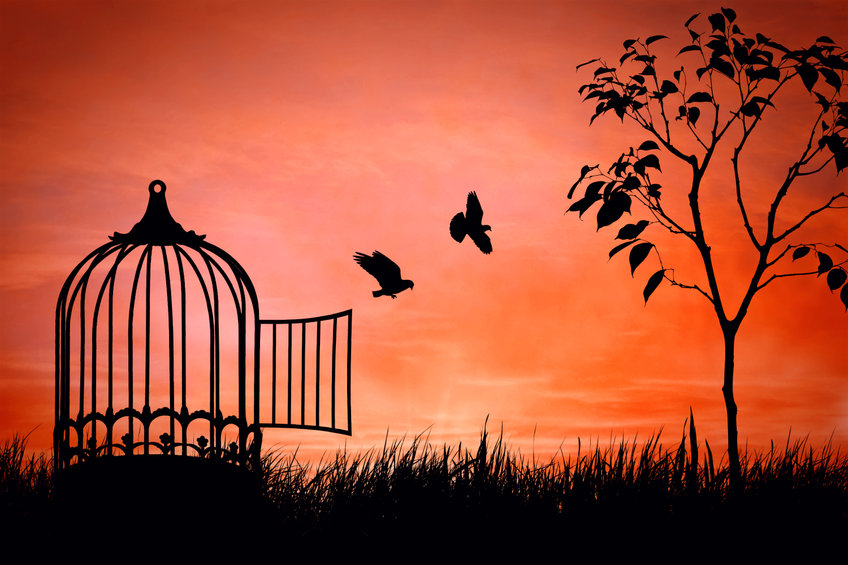Reprinted from Hamodia
A Hamodia reader asks:
Thank you for your advice and clarity on many pertinent issues. Your responses are so on target and helpful. A recent query discussed the problem with control over Internet use. Your position was that although people claim that it is beyond their ability to control themselves, it is not quite so. If one were to be coerced at gunpoint to either touch the computer or be shot, one would have the ability to control oneself. If one has no control, what is truly missing is yiras Shamayim, fear of the all-seeing God.
So my question is: I’ve been a member of Overeaters Anonymous for some time, where we study the Big Book and work the Twelve Steps, where we’re told that we’re powerless over food, and it is not in our control at all. It is a progressive disease that one cannot overcome; one must give control over to God and trust in His help. All this I can understand. But we’re also told that one needs to remain in the program strongly, or else one succumbs to the addiction again.
So is this true — that nothing helps, only staying in the framework of OA or similar programs? Or does being a yerei Shamayim and working on oneself in emunah and self-control eventually get the person to a place of balance and the ability to control oneself from compulsive eating?
This issue has been bothering me for a long time, and I question if it is a Torah view that we’re powerless over food, and control can only be achieved through staying in the program indefinitely.
The Talmud states that our yetzer hara is so powerful that without the help of Hashem, we could never resist it. In other words, without the help of Hashem, we are powerless. This is something we should never forget. But the yetzer hara tries to tell us otherwise, and that is why we must constantly be reminded, in our first week and in our fiftieth year of recovery, that without the help of Hashem, we are powerless.
The group experience is important. Just as, l’havdil, tefillah b’tzibbur is superior to davening alone, and learning in a group is superior to learning alone, so also, fighting against a common enemy, whether it is alcohol, drugs, gambling, or excessive food, is more effective when done together with other people fighting the same battle, as the Navi Yeshayahu says, “To one’s brother, one says ‘Be strong!’”
Significant success has occurred with participation in a support group. There is good reason why this is so. Rashi (on Vayikra 26:8) says that there is no comparison between a few people doing a mitzvah and many people doing a mitzvah. The Torah says that one person can ward off twenty enemies, and a hundred people can ward off ten thousand. In other words, the group increases one’s effectiveness five times! Whatever the reasons may be for the greater effectiveness of a group, it is a fact.
There are a number of support groups available, including single-gender groups. It is also possible for several people to start a group and adopt a recovery program that has no hashkafah problems. Many groups have started with three people, and as the word spreads, it develops into a large group.
The Navi says, “Each person helps a friend, and to one’s fellow, one says, ‘Be strong’” (Yeshayahu 41:6). When people work together on a common problem, there is greater strength and motivation.
Of course, when enlisting the help of Hashem, we must turn to our Torah sources to strengthen our emunah and yiras Shamayim. When we have the help of Hashem, we gain power from His Infinite Power.
The battle against the against the yetzer hara never ends, nor does the battle against any destructive addiction.

